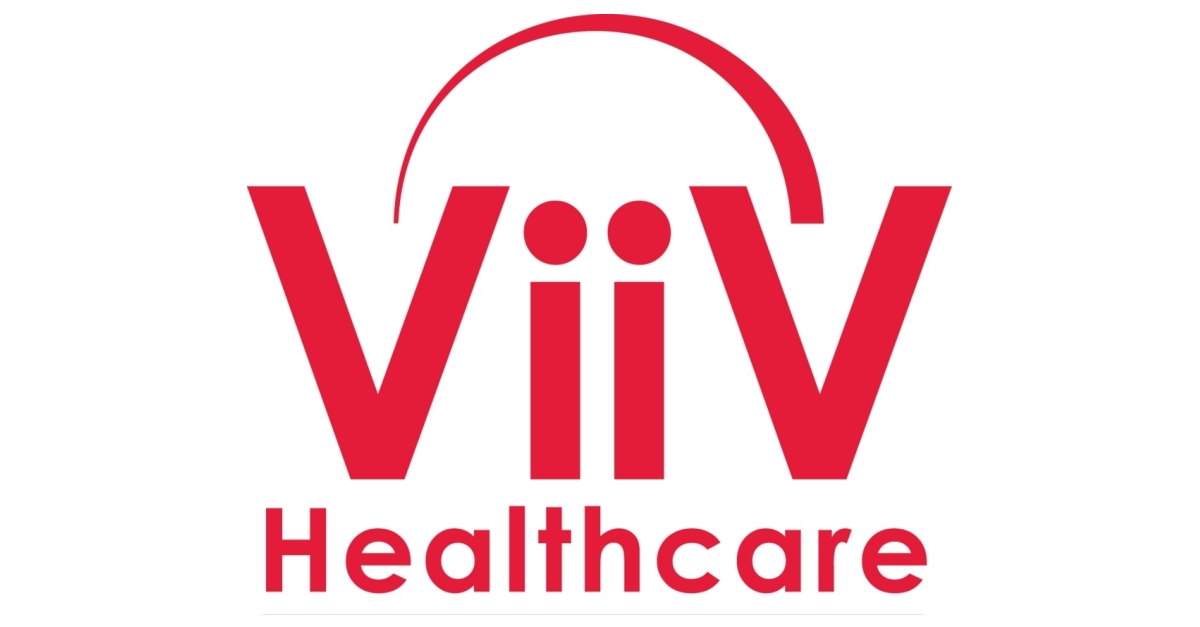ViiV Healthcare, the global specialist HIV company majority owned by GlaxoSmithKline plc (“GSK”), with Pfizer Inc. and Shionogi Limited as shareholders, and Halozyme Therapeutics, Inc. (Nasdaq: HALO) today announced a global collaboration and license agreement that gives exclusive access to Halozyme’s ENHANZE drug delivery technology, recombinant human hyaluronidase PH20 enzyme (rHuPH20), for specific targets used in the treatment and prevention of HIV.
Under the terms of the agreement, ViiV Healthcare will make an upfront payment of $40 million to Halozyme for the exclusive license to four HIV small and large molecule targets and is obligated to make potential future payments of up to $175 million in development and commercial milestones per target, subject to achievement of specified development and commercial milestones, including certain specified sales milestones. Halozyme will also be entitled to receive mid-single digit royalties on sales of commercialised medicines using the technology.
The PH20 enzyme breaks down a substance called hyaluronan (HA) that is found in the body’s subcutaneous space (under the skin) that acts as a barrier to the flow of fluid. By breaking down HA locally at the injection site and temporarily removing that barrier, large amounts of fluid can be injected into the subcutaneous space and dispersed. This facilitates the rapid delivery of large volume fluids by subcutaneous injection, potentially reducing the treatment burden of injectable drugs and providing optimised treatment options to patients. The HA is restored under the skin via normal processes within 24-48 hours.
Halozyme’s technology provides ViiV Healthcare with more opportunities to develop ultra long- acting medicines (dosing intervals of three months or longer) with its long-acting portfolio and pipeline products. Plans are underway to initiate the first experiments with the technology by the end of 2021 for investigational, long-acting cabotegravir for prevention of HIV, which is currently administered every two months.
“Many people living with HIV and those vulnerable to HIV tell us that for a variety of reasons, taking medicine every day is a challenge, and we have listened to them,” said Kimberly Smith, M.D., MPH, Head of Research & Development at ViiV Healthcare. “We believe long-acting medicines are the future of HIV therapies and will help address these unmet needs. Our collaboration with Halozyme will keep us at the forefront of developing additional, innovative new options for HIV treatment and prevention as we work towards reducing the burden of HIV treatment.”
“We are excited to partner with ViiV Healthcare to create new delivery options for innovative medicines for HIV,” said Helen Torley, M.B. Ch. B., M.R.C.P., president and chief executive officer, Halozyme. “This collaboration demonstrates the potential value of our technology to facilitate rapid, large volume subcutaneous injections of not only more traditional medicines but also long-acting injectables, including small molecules, which in turn may further extend dosing intervals for people taking medicines for the treatment and prevention of HIV.”
The license gives ViiV exclusive use of Halozyme’s proprietary rHuPH20 technology for four, specific HIV medicine targets that will expand opportunities for development of nearly all of ViiV’s pipeline assets. These assets are integrase inhibitors, reverse transcriptase inhibitors limited to nucleoside reverse transcriptase inhibitors (NRTI) and nucleoside reverse transcriptase translocation inhibitors (NRTTIs), capsid inhibitors and broadly neutralising monoclonal antibodies (bNAbs), that bind to the gp120 CD4 binding site.
Halozyme has licensed its technology to 11 pharmaceutical and biotechnology companies, for potential use in oncology, autoimmune disease, rare disease and infectious disease with products currently approved in oncology and immune deficiency indications. In addition, Halozyme currently has a Cooperative Research and Development Agreement with the National Institute of Allergy and Infectious Diseases’ Vaccine Research Center in the US, which includes a bNAb, N6LS, that ViiV Healthcare licensed from the National Institutes of Health in 2019.
For More updates on Healthcare Stay tuned to Medicircle your partner for good health.

 Halozyme’s drug delivery technology provides the opportunity to administer large volume subcutaneous injections that may enable dosing intervals of every three months and up to six months or longer for ViiV’s pipeline of HIV medicines
Halozyme’s drug delivery technology provides the opportunity to administer large volume subcutaneous injections that may enable dosing intervals of every three months and up to six months or longer for ViiV’s pipeline of HIV medicines









.jpeg)








.png)
.png)

.png)
.png)
.png)

.png)
.png)
.png)

.png)
.png)